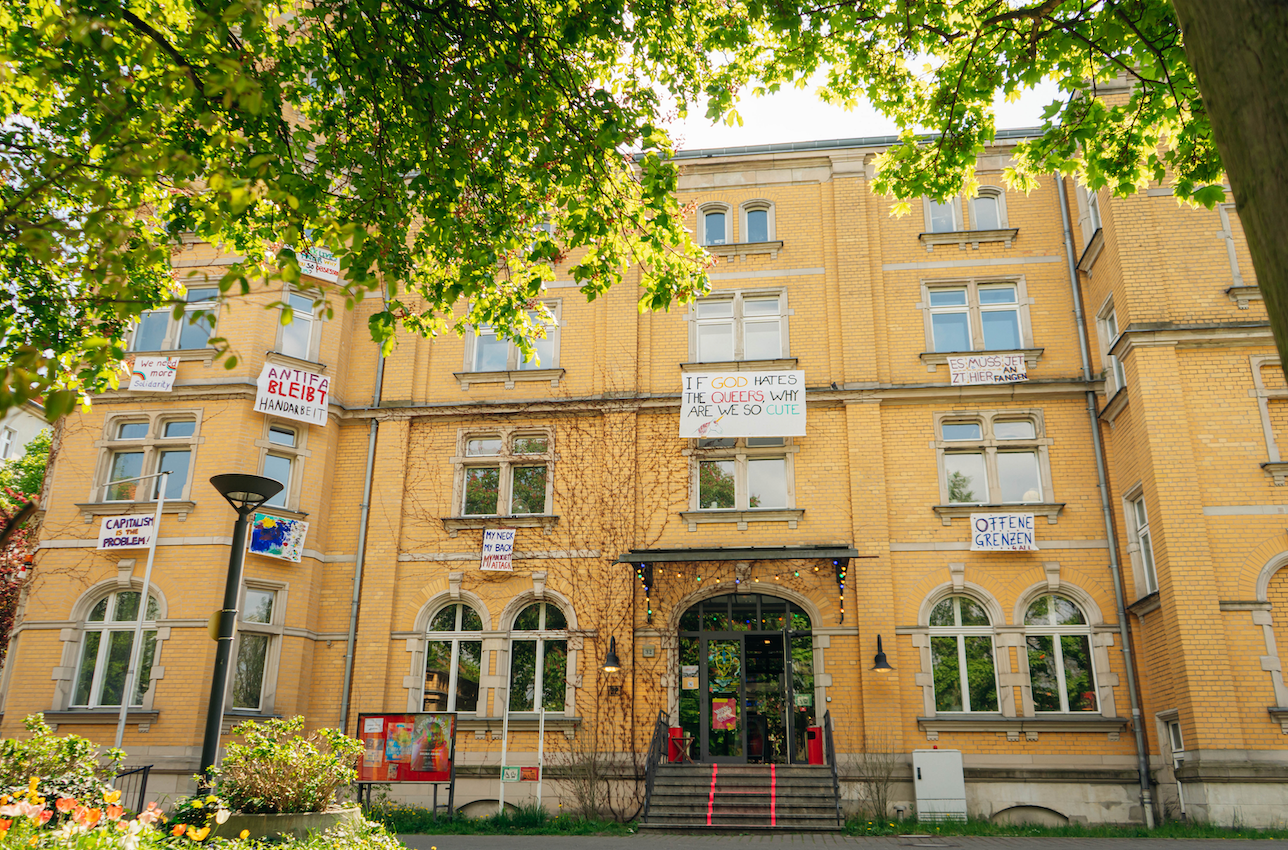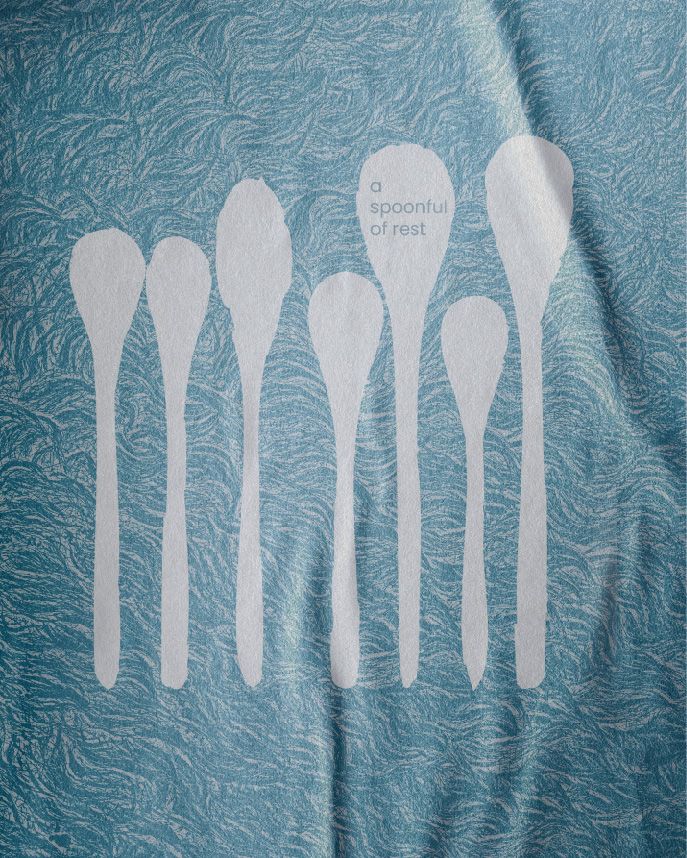We live in a time almost entirely defined by neocolonialism, climate change, extractivism, war and (forced) displacement, increasing populism, right-wing radicalization and attacks on migrant, disabled and queer bodies with rising movements of resistance mushrooming across the globe. Queer, Trans*, Black, Indigenous and People of Colour (QTI+BIPOC) and disabled folks have been at the forefront of social and racial justice movements that seek to unsettle hegemonies and are dedicated to political goals of liberation. QTI+BIPOC and disabled perspectives around queering and decolonising are separate and distinct from each other. These perspectives vary significantly in temporality and location; each one documents the catastrophic channels of past and transgenerational trauma. Our shared histories are knitted together with complex, interwoven patterns across geographies, which are difficult to unravel today.
In these spaces we find alternative reimaginations and an endeavour towards conviviality, which we must look for to uncover new modes of relating with each other:
What role does curation play in deepening our practices and producing knowledge?
How do we open ourselves to various forms of learning through curation?
How to empower the self by centering our own lived experiences within curation?
The Curators* Lab is an experimental format by Oyoun that invites emerging underrepresented curators, artists, activists, thinkers, academics, and cultural practitioners to come together to better understand the significant roles of curation as a tool for social movements and knowledge-production outside of the museum and ivory-tower of academia. Through this platform, we are committed to continuing our work with marginalised communities to practise co-creating, co-curating, and distributing knowledge in the community. Here, we invite participants with their existing skill sets to expand their practices into motions beyond the confines of traditional curation.
Over the last two years we have developed Oyoun’s Curators* Lab by exploring the prototype of curatorship as activism, archiving and alternative knowledge production as the core question/objective of our project. This development has been amplified through peer learning, Open Labs, Experimental Residencies, Community Engagement and Do-It-With-Others as methodologies to create a solidarity framework to answer our core objectives. We are now in a phase of expanding our research, learning from other collaborative projects and testing new decolonial and feminist pedagogies that go beyond theory. As oral knowledge systems are often built on experiential, we want to explore how we can translate shared knowledge into engagement with and for our communities.

